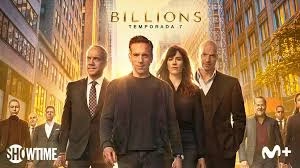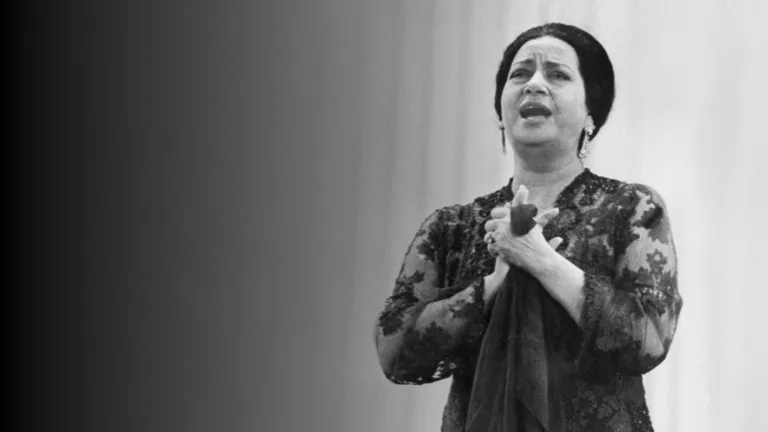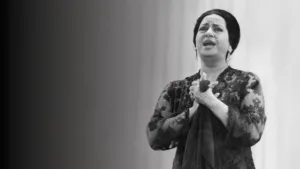Marrakech – Billions serves it straight — neat, aggressive, and with a multi-billion-dollar burn.
From the first episode, you know you’re not in Kansas anymore. You’re somewhere between Connecticut mansions, penthouse boardrooms, and the gritty corners of ego.
It’s not just TV — it’s a tutorial on how power is played, priced, and sometimes punished.
Watching Billions is like sitting front row at the New York Stock Exchange if the traders wore Brioni suits and held grudges instead of stocks.
Every conversation is a chess move. Every raised eyebrow is a financial indicator. And every relationship? A high-risk investment.
But here’s the kicker: it’s not really about money.
Okay, it is about money. Obscene, dazzling, screw-you levels of money.
But underneath the wealth gluttony is something more thrilling — it’s about strategy. About obsession. About what people are willing to sell for power — and what they’ll never buy back once it’s gone.
Take Bobby Axelrod. He’s not just a billionaire; he’s a wolf in Patagonia fleece.
A former blue-collar boy who turned grief into grit and grit into gold. He trades stocks the way most people trade glances — fast, calculated, and with consequences.
He doesn’t just play the game; he built the damn board. And watching him navigate markets and manipulate men is like watching an artist with a Bloomberg terminal instead of a paintbrush.
Then there’s Chuck Rhoades. A man with daddy issues, a law degree, and a masochistic streak the size of Manhattan.
He’s a walking contradiction: all justice in the courtroom, all submission in the bedroom.
If Bobby is the rebel king, Chuck is the system incarnate —both of them obsessed with beating the other, both addicted to the thrill of the chase.
Their feud isn’t about law or finance. It’s about proving whose belief system yields the highest emotional ROI.
And in the middle of this testosterone-fueled tug-of-war?
Wendy Rhoades. Psych whisperer. Style icon. Emotional economist. She’s not the pawn — she’s the metric.
The one who manages risk, performance, and egos, all while keeping her heels high and her morals… well, negotiable.
She doesn’t pick sides because she is the side people want. And her presence is proof that in a world of alpha males, the woman who reads people is the most dangerous player of all.
There are no innocents in Billions. Everyone’s complicit. Everyone’s calculating.
It’s a world where loyalty is leased, ethics are optional, and every smile could cost you millions.
Watching it feels like dating a banker with a god complex — you know it’s toxic, but you’re addicted to the power.
And yet, like any true financial fantasy, Billions seduces you with its language.
You start talking about “alpha” in casual conversation. You wonder if you should start tracking short positions. You suddenly care about the difference between a hedge fund and a quant shop — not because it affects you, but because these characters make you believe it does.
That’s the real currency of Billions: belief. In money, in power, in yourself.
Because let’s be honest — who among us hasn’t imagined whispering “I’m up 40% year-to-date” on a first date?
At its core, Billions isn’t about the 1%. It’s about the cost of ambition.
The trades we make every day — romantic, professional, moral. It asks: What are you willing to give up to win? Your peace? Your people? Your principles?
And more importantly: Is the profit ever worth the price?















